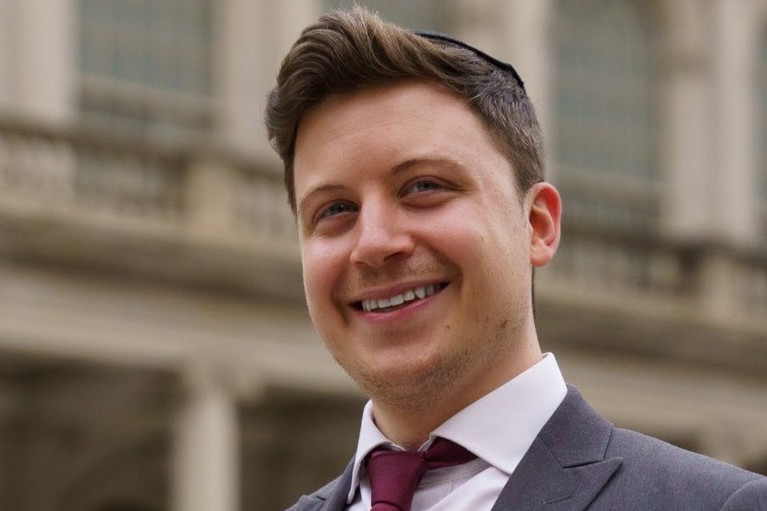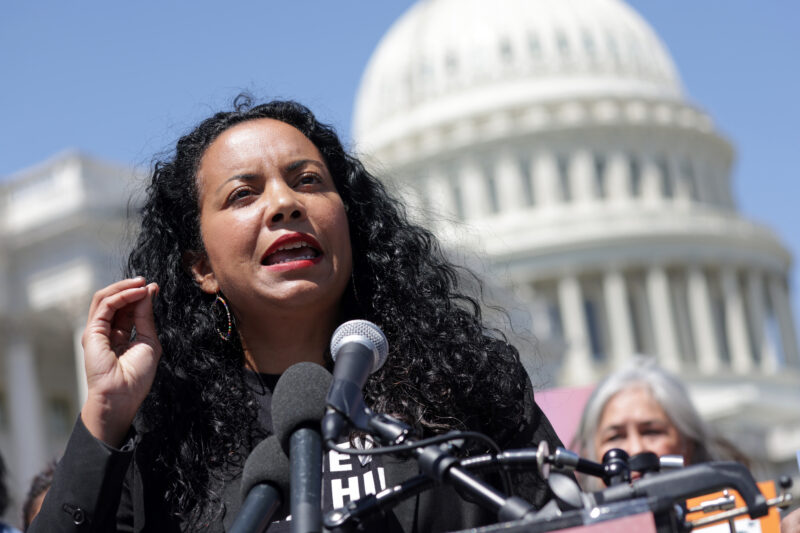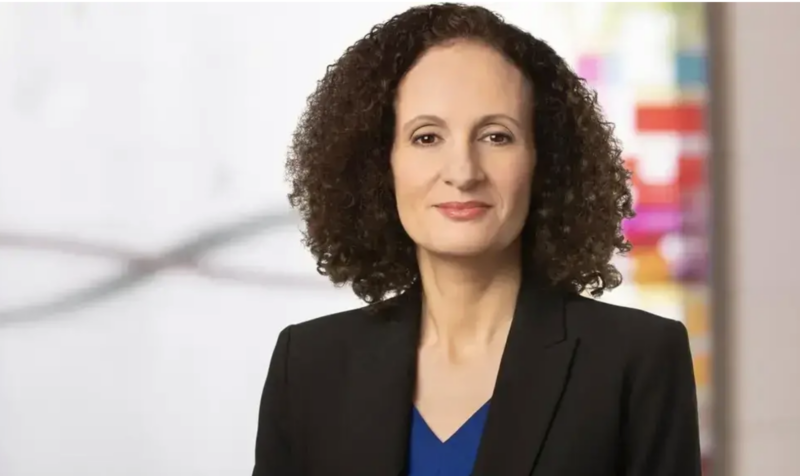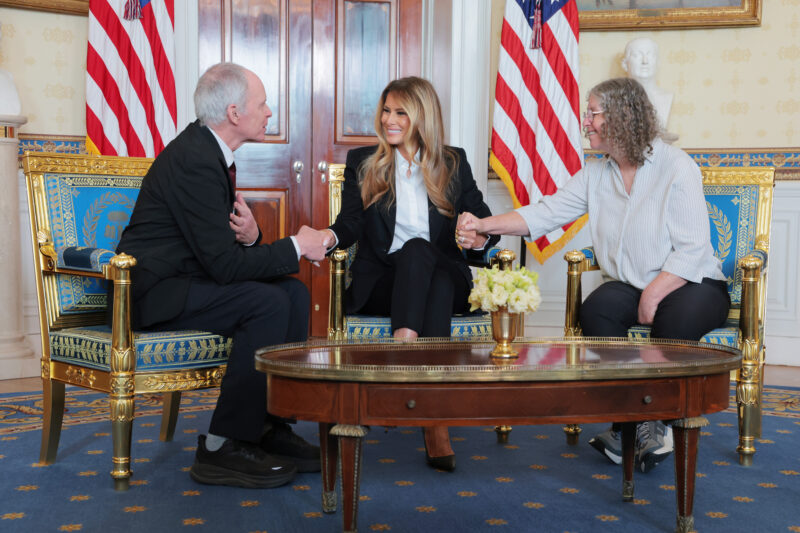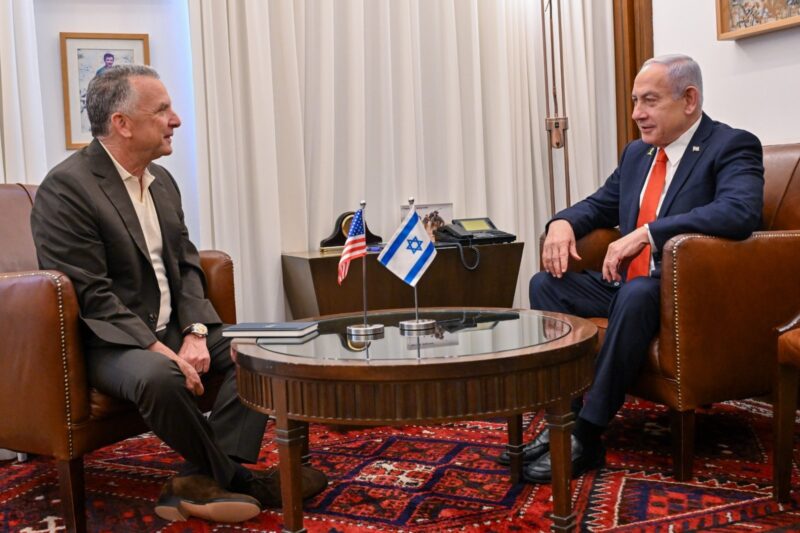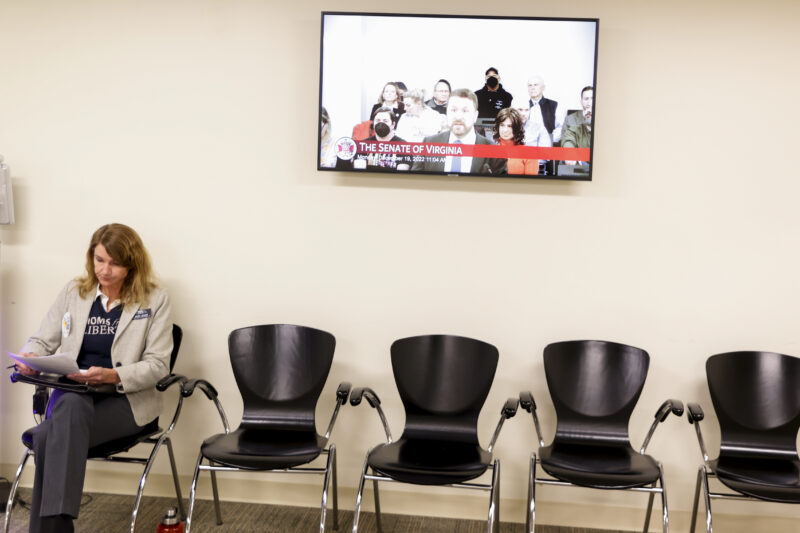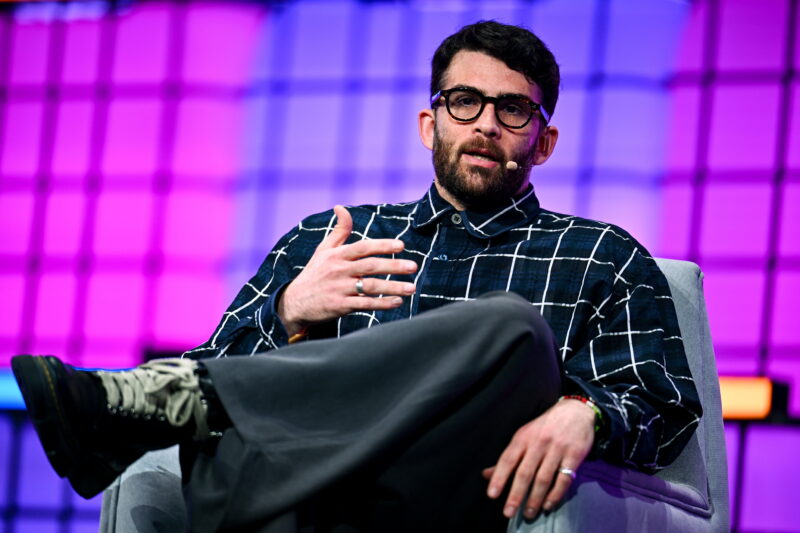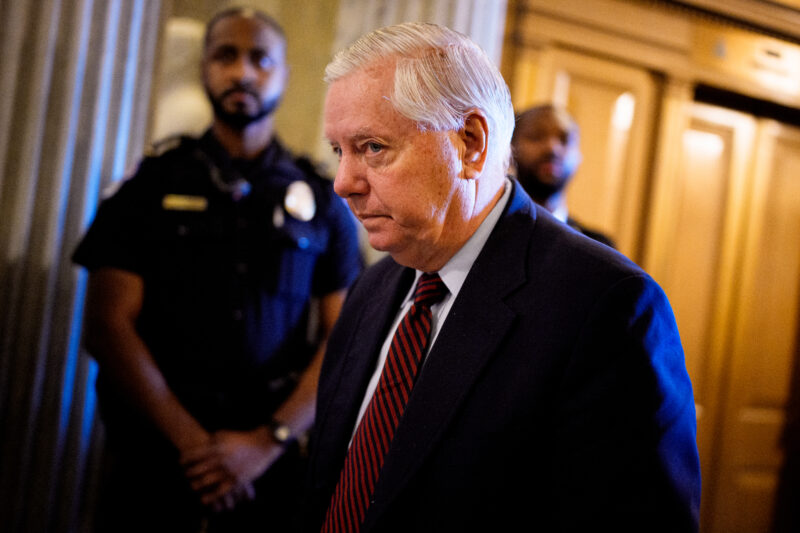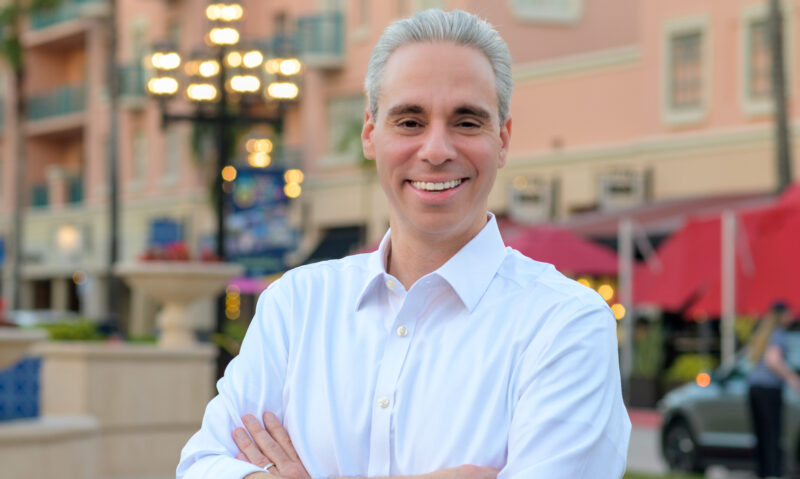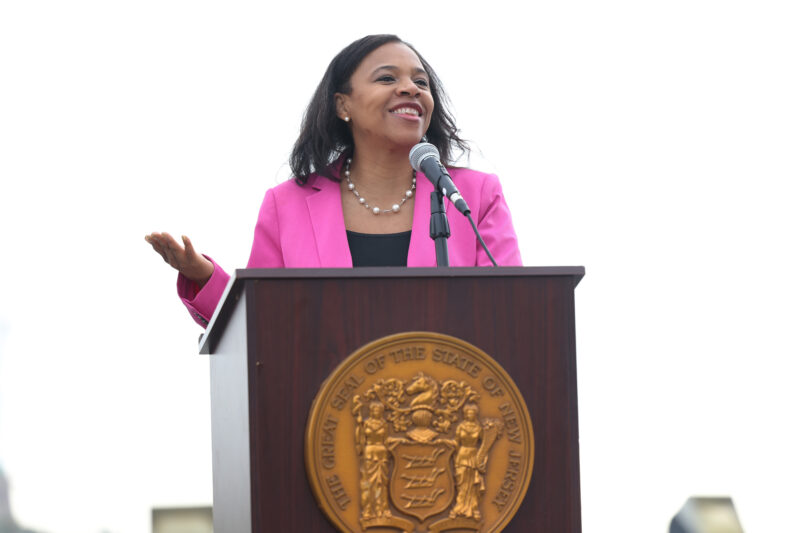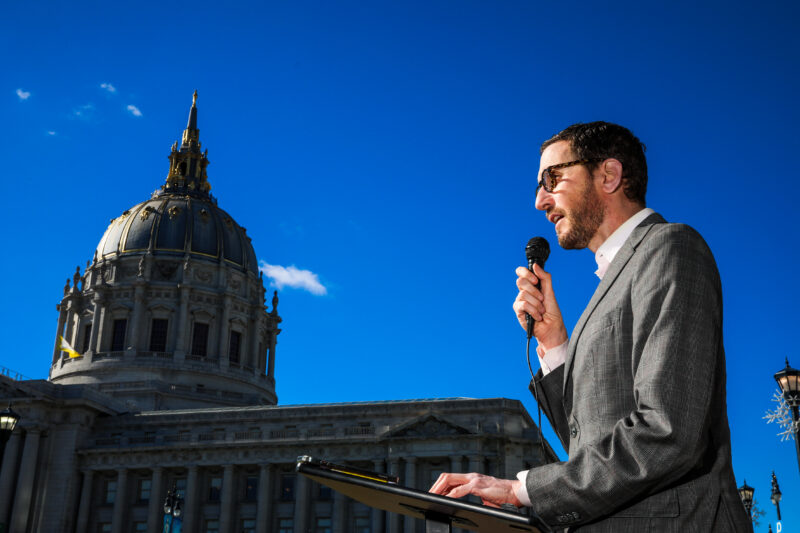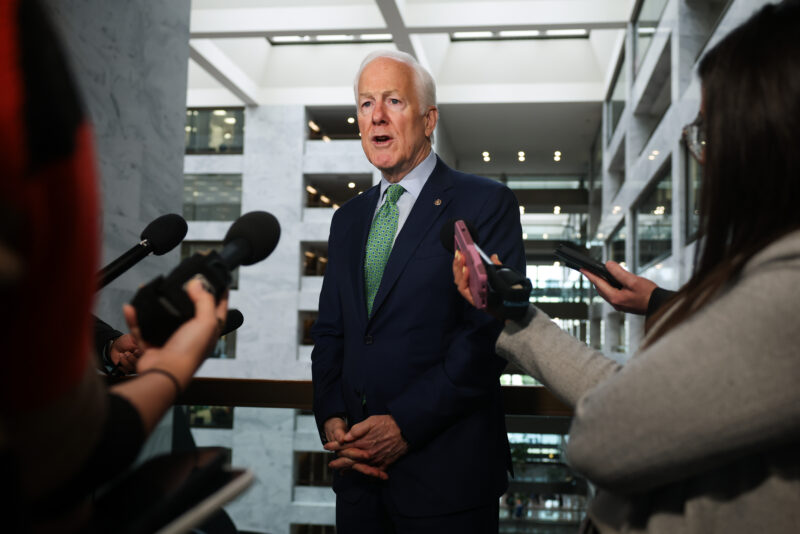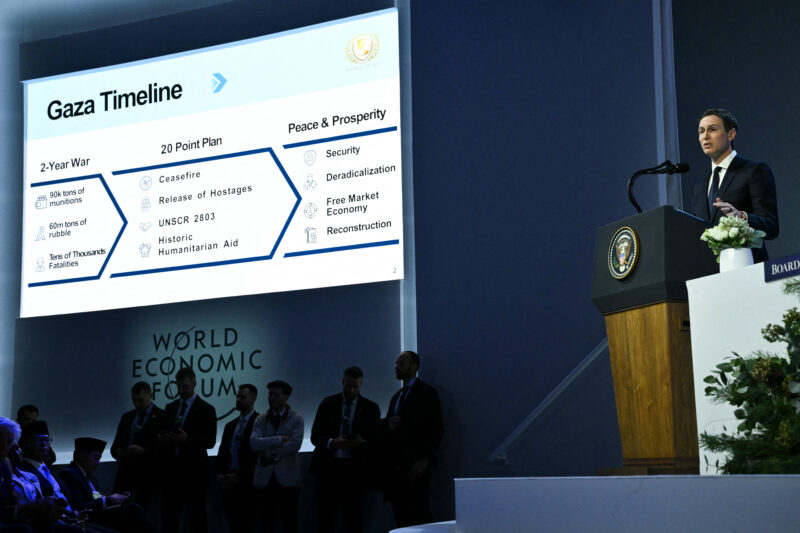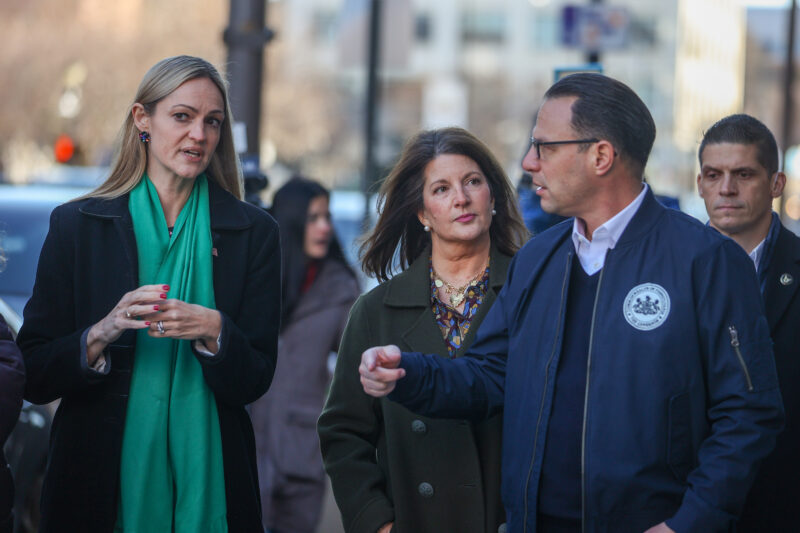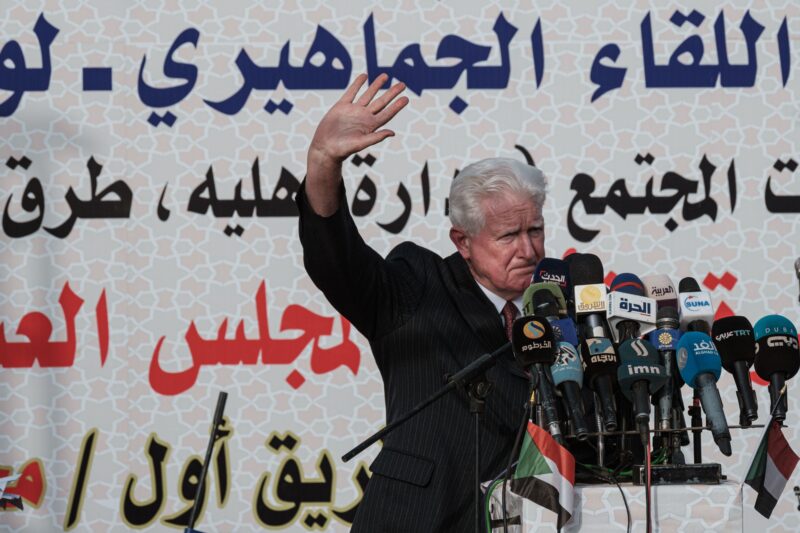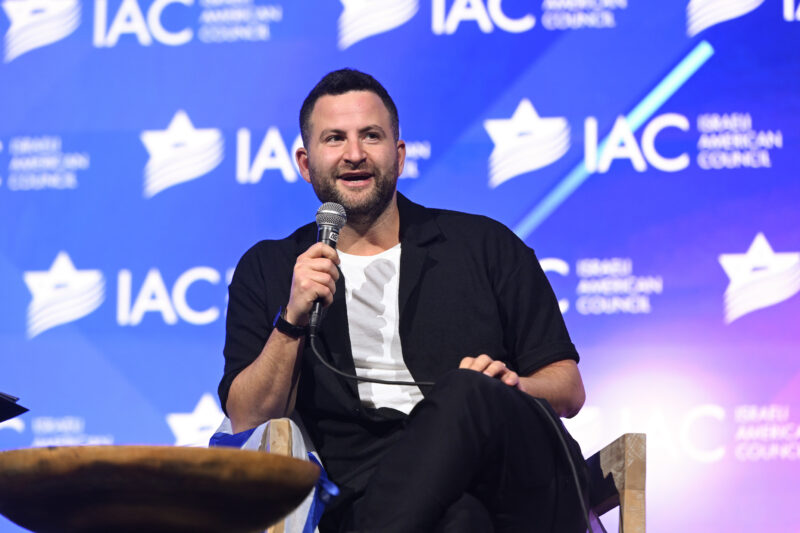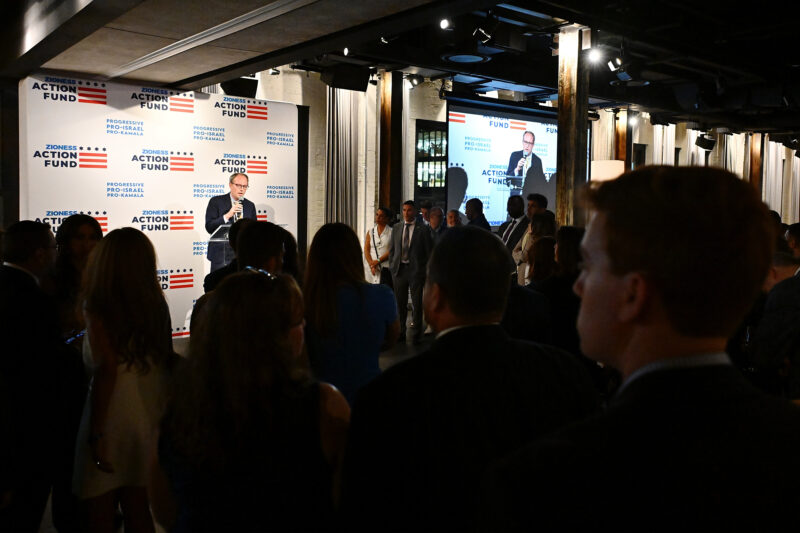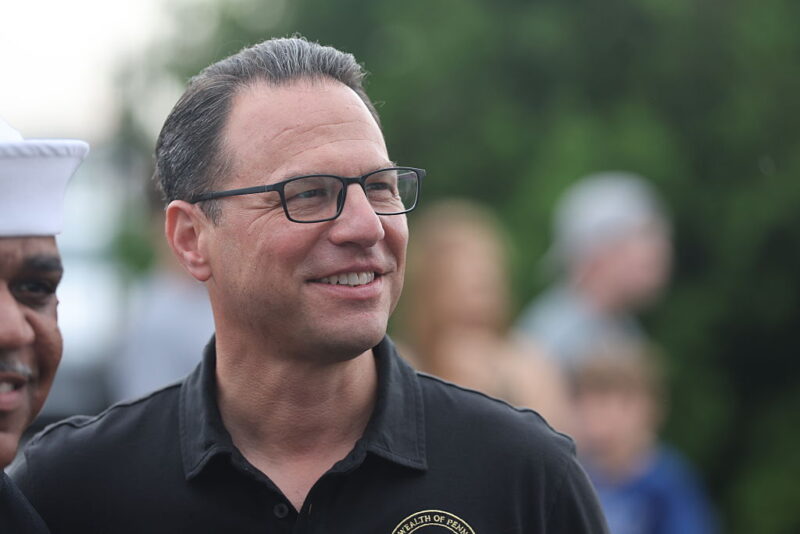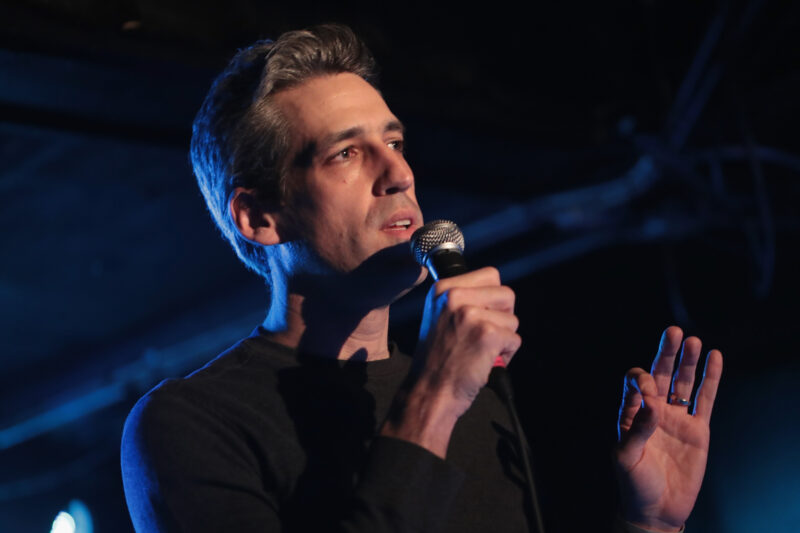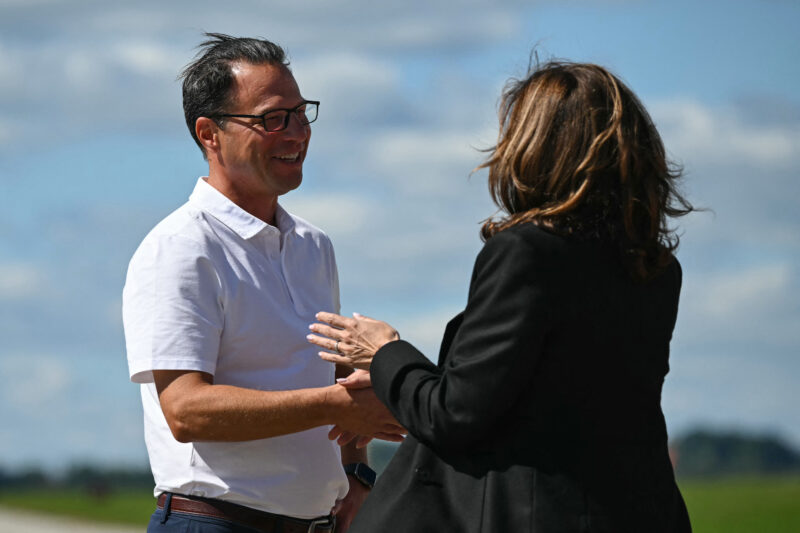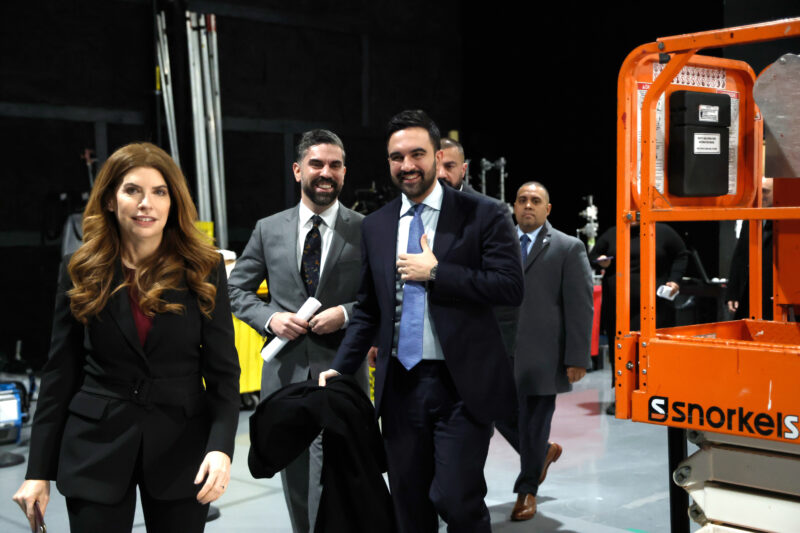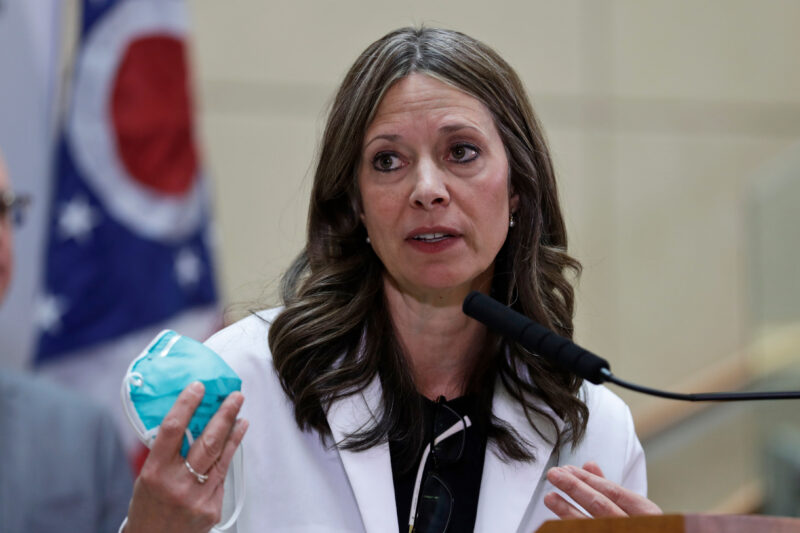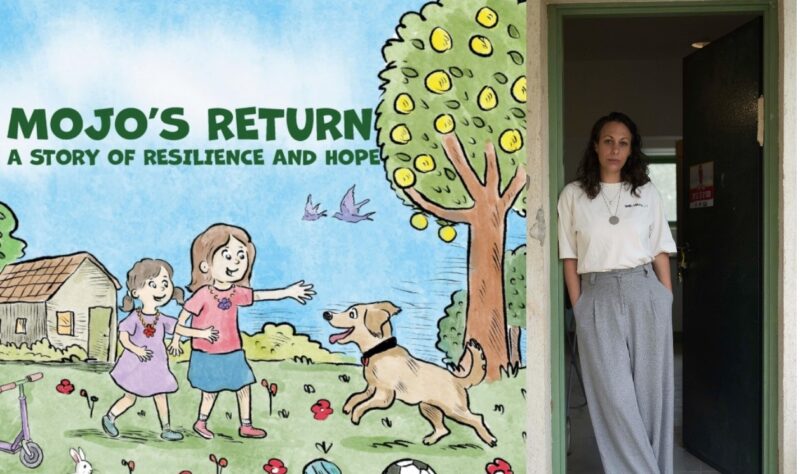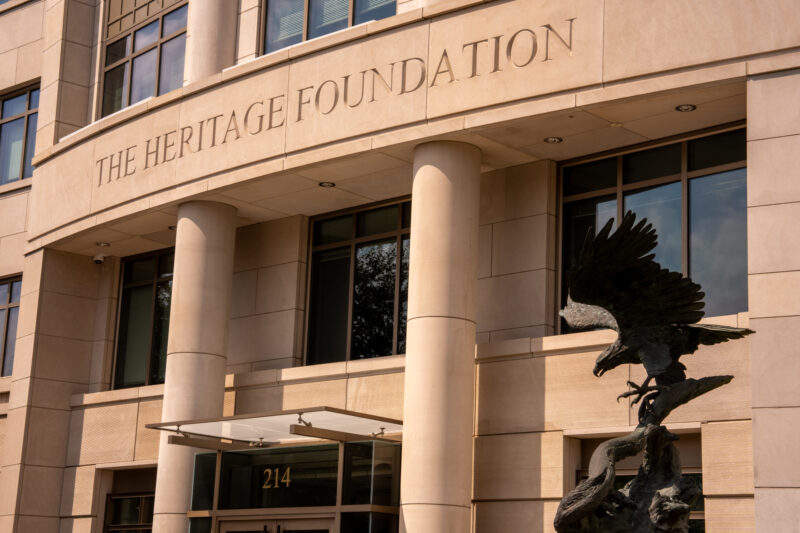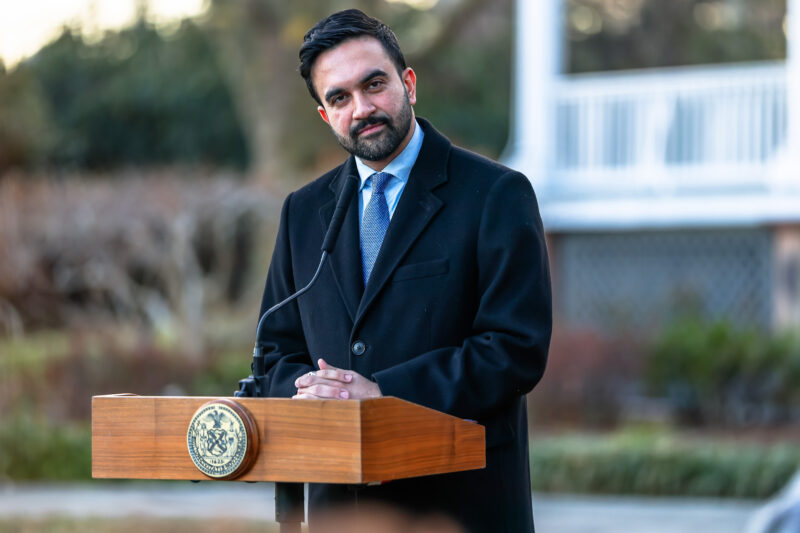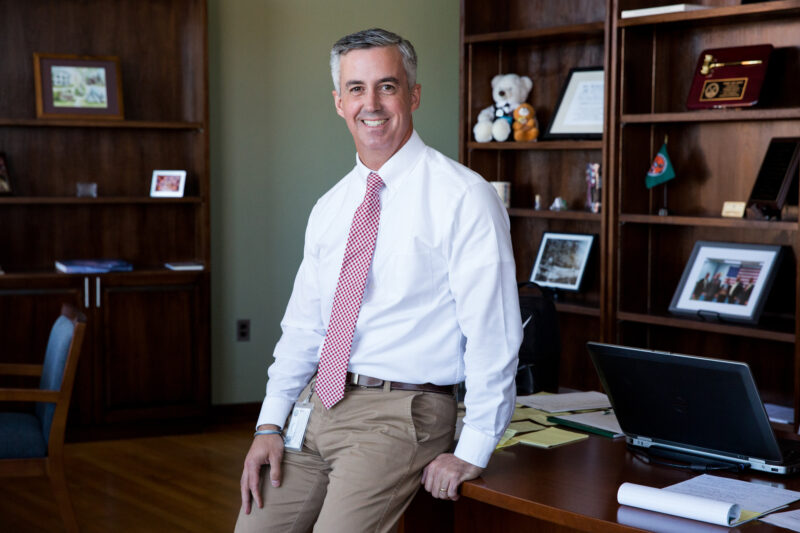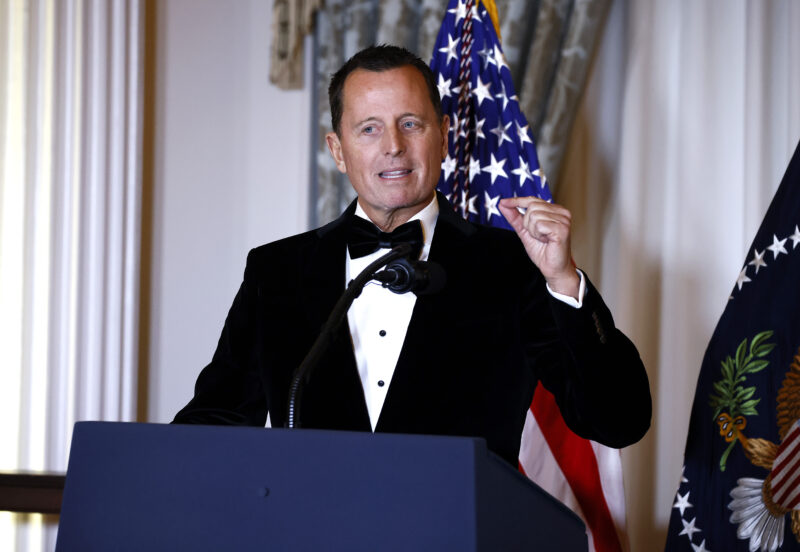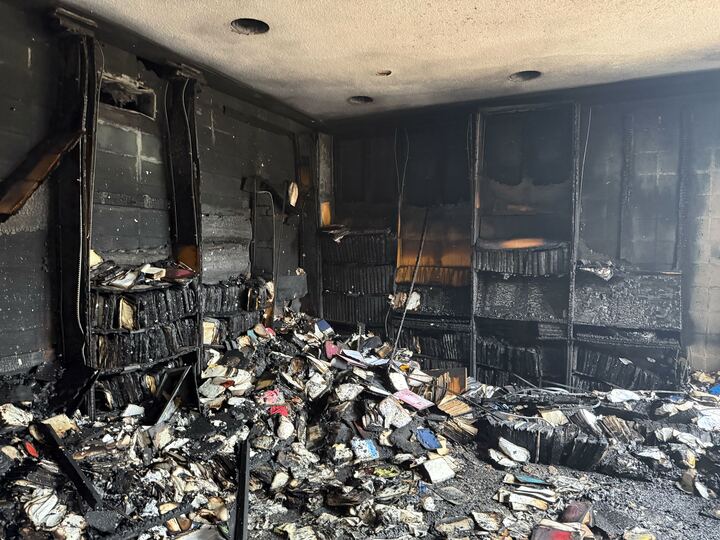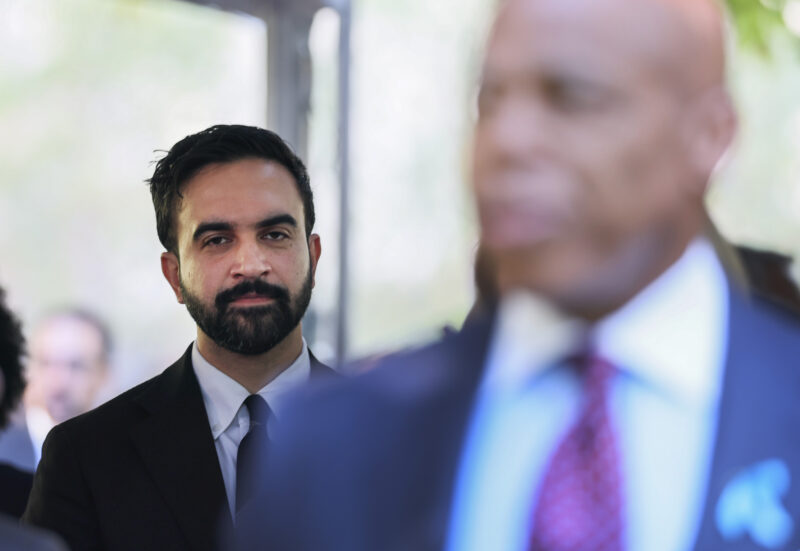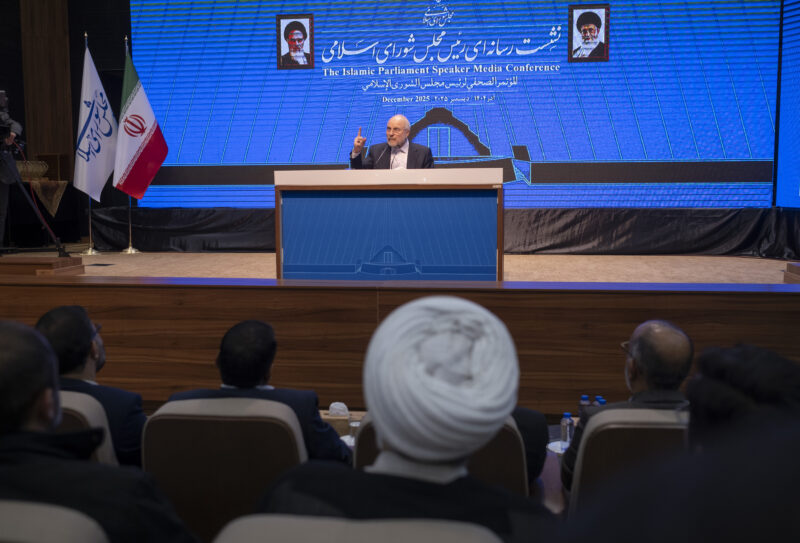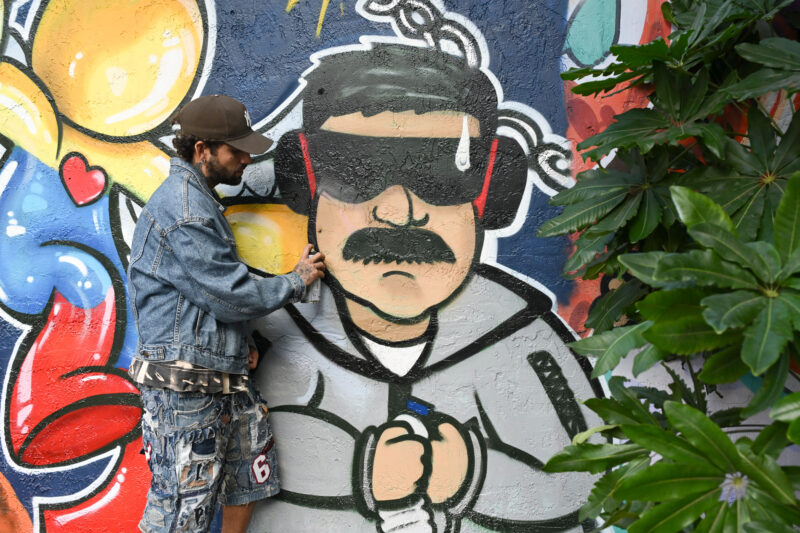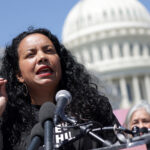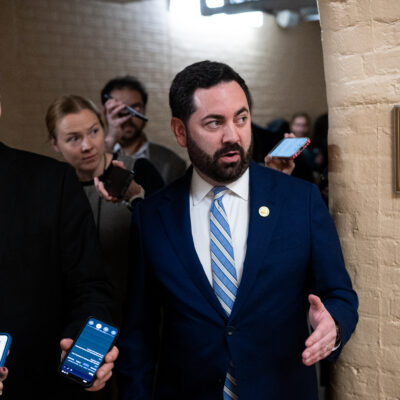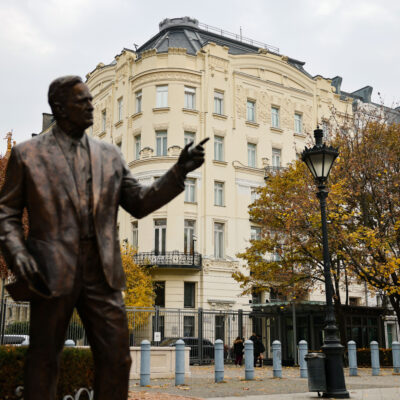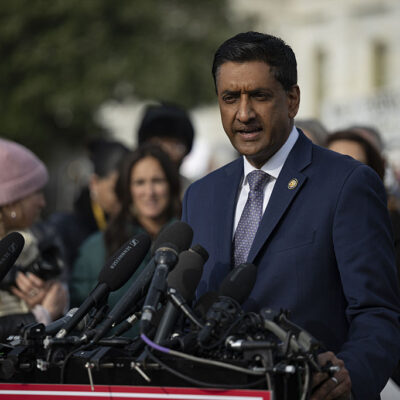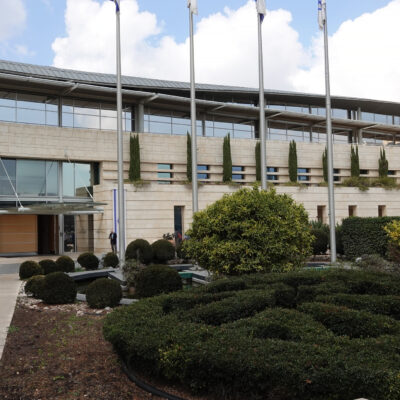New Black-Jewish Caucus chair discusses trip to Israel and Rwanda
Rep. Nikema Williams recently became a co-chair of the Congressional Caucus on Black-Jewish Relations and discussed the work she hopes to do through the group

Office of the President of Rwanda/X
President of Rwanda Paul Kagame with members of the Congressional Black Caucus, a delegation sponsored by the AIPAC-affiliated American Israel Education Foundation.
Rep. Nikema Williams (D-GA) said that, on a recent trip to Israel and Rwanda with fellow members of the Congressional Black Caucus, she saw connections to and took inspiration for work she’s aiming to do as a new co-chair of the Congressional Caucus on Black-Jewish Relations.
“Seeing these two countries, nowhere near here, and the resiliency of the people that have been through so much — it only gives me more resolve to continue to fight for justice and equality, not just here domestically but also abroad,” Williams continued. “How do we make sure that we are fighting against oppressive regimes and people who seek to silence the voice of the people?”
Williams described the goal of the caucus — recently re-launched in the new Congress by Williams, Rep. Debbie Wasserman Schultz (D-FL) and Rep. Wesley Hunt (R-TX) — as “mak[ing] sure we’re all sticking together when it comes to justice and equality and equity, and making sure that we push back against hate.”
“These are things that we have to look at as a collective,” Williams said. “What we know is that when we all come together, we can uplift entire communities, and that is how we are going to move forward against the hate and antisemitism that we see in this country today.”
Williams occupies the congressional seat once held by Rep. John Lewis (D-GA), who was a founder and co-chair of the caucus.
She added that she’s been engaged in similar inter-community partnership work since before her time in Congress in Atlanta, which has a significant Jewish population with a history of cooperation with the Black community, including during the civil rights movement.
On the trip, Williams said she was “not anticipating the parallels I would draw” between her experiences in each country, hearing stories from a Holocaust survivor and survivors of the Rwandan genocide.
She additionally highlighted Israel’s aid to Rwanda in sustainable technology and agriculture, and said that the U.S. should look into other opportunities to work with Israel to aid other parts of the world.
“We often see other countries — especially as an American — doing things to support Israel,” Williams said. “But it was good to see how this has been being expanded to other countries that are experiencing similar traumas in their people.”
Williams was also recently appointed to a newly established House-Knesset Parliamentary Friendship Group.
The goal of that group — which has not yet met — will be to “come together” and “share ideas from two democracies who are going through interesting times.”
Israel’s democracy — namely the subject of judicial overhaul — was a topic of conversation on the trip. Williams, citing the monthslong street protests in Israel, emphasized that “there has to be a role for the people’s voices to be heard in the process.”
Williams did not speak specifically to what she thinks the outcome of the judicial process should be, but did not indicate any opposition to U.S. lawmakers speaking out publicly about the proposals.
“I am not a member of the Knesset, and so they have their individual votes on how they decide to move forward,” Williams said. “But hearing from the rest of the world is going to happen. It’s just like when something is happening here. People weigh in, voice their concerns. And that’s the beauty of living in this country. We all have the ability to speak up.”
Please log in if you already have a subscription, or subscribe to access the latest updates.






